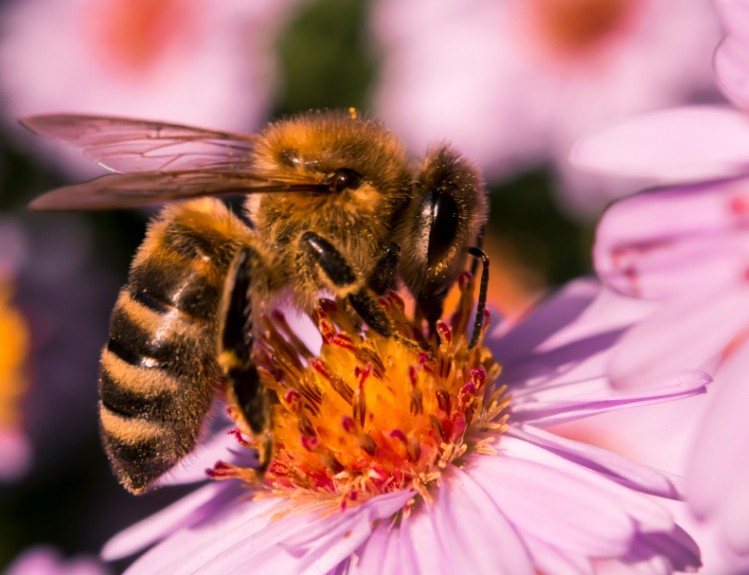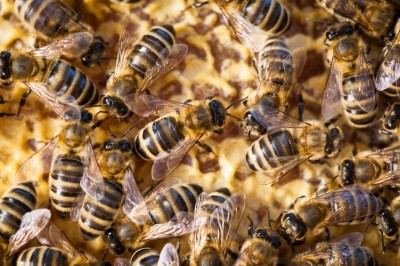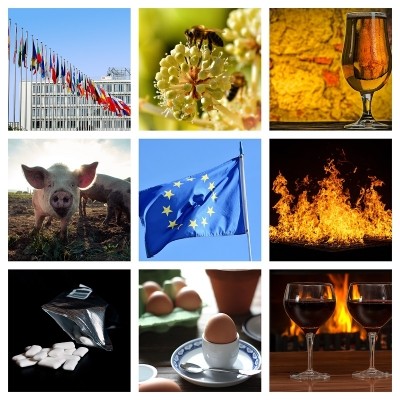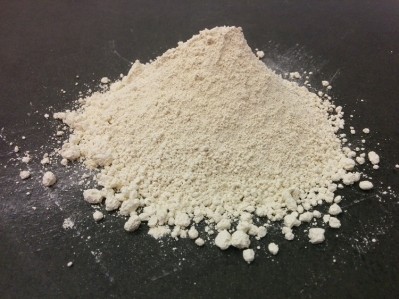Campaigners demand pesticides crack down

Up to one third of food production and two thirds of daily fruits and vegetables rely on pollination through bees and other insects. Yet, according to campaigners, biodiversity is ‘existentially threatened’ by constant pesticide-contamination and habitat loss due to industrial agriculture. A quarter of Europe's wild animals, they add, are severely threatened by deteriorating ecosystems, with half of nature sites in Europe in ’an unfavourable condition’.
An initiative supported by 90 pressure groups from 17 EU countries including the European networks Friends of the Earth Europe, the Pesticide Action Network, the Munich Environmental Institute, the Aurelia foundation, Générations Futures and GLOBAL 2000/Friends of the Earth Austria – are calling for synthetic pesticides to be phased out by 2035 in order to support farmers, and save bees and nature.
Meanwhile, millions of farmers are being squeezed out by unfair prices, they claim, by a lack of political support and big corporations. Four million small farms disappeared between 2005 and 2016 in the EU, according to the campaigners.
The campaigners have launched a petition - via the European Citizens' Initiative - demanding action.
The petition calls on the European Commission to introduce legal proposals to:
- Phase out synthetic pesticides by 2035 – phase out synthetic pesticides in EU agriculture by 80% by 2030, starting with the most hazardous, to become 100% free of synthetic pesticides by 2035
- Restore biodiversity – restore natural ecosystems in agricultural areas so that farming becomes a vector of biodiversity recovery
- Support farmers in the transition: Reform agriculture by prioritising small scale, diverse and sustainable farming, supporting a rapid increase in agroecological and organic practice, and enabling independent farmer-based training and research into pesticide- and GMO-free farming
Helmut Burtscher, pesticides and chemicals expert from Global 2000/Friends of the Earth Austria said: “Only sustainable, pesticide-free farming can secure the food supply of present and future generations and provide answers to the growing challenges posed by climate change. In addition, it contributes to the preservation of biodiversity and reduces greenhouse gas emissions. A responsible European agricultural policy must therefore promote the further development of agro-ecological methods and support farmers in their transition to pesticide-free production."
A report last week highlighted the risk to food production presented by a drastic drop in the world’s insect population, which plays a pivotal role in the complex web of life, including helping provide much of our food.

















